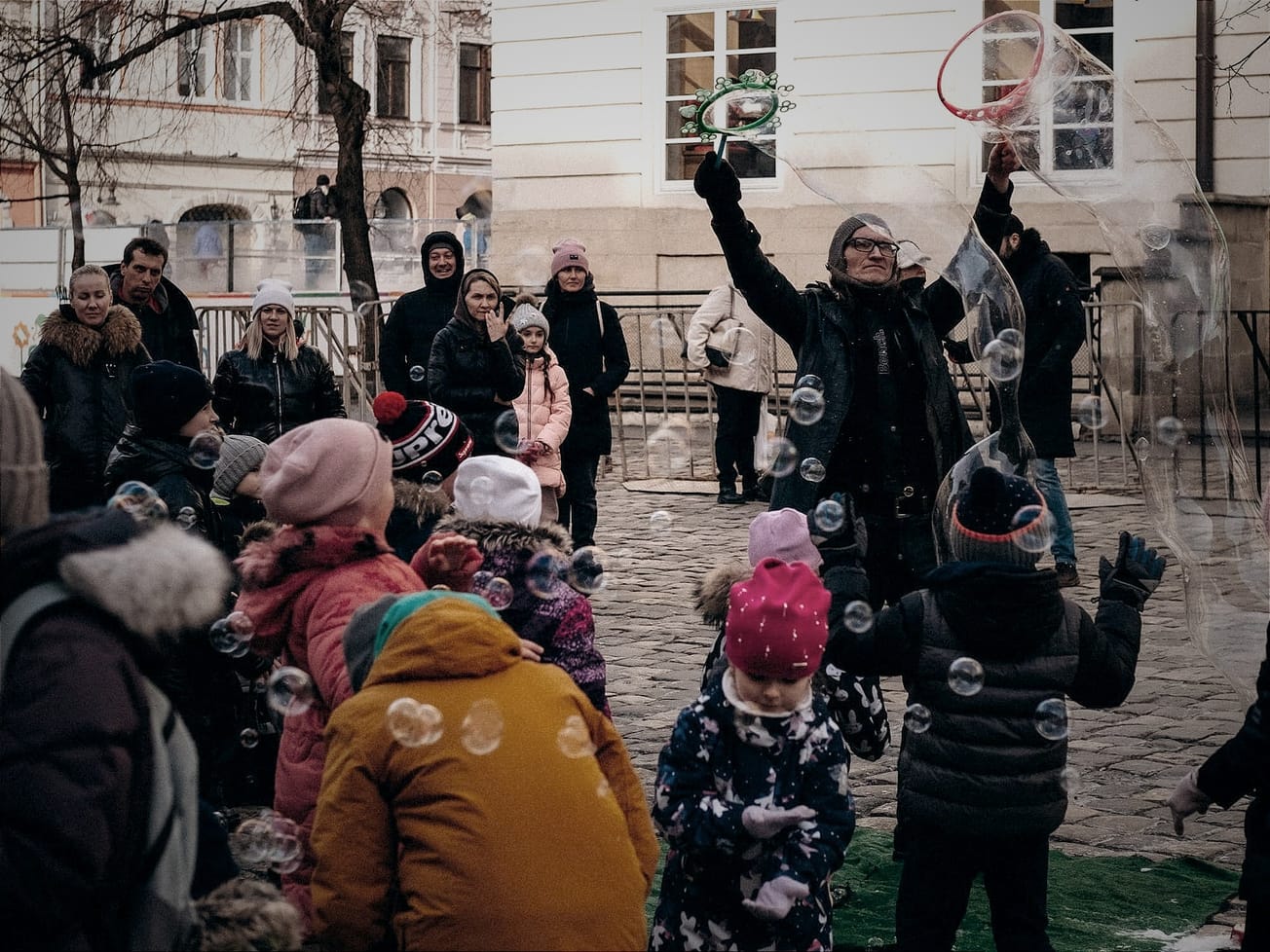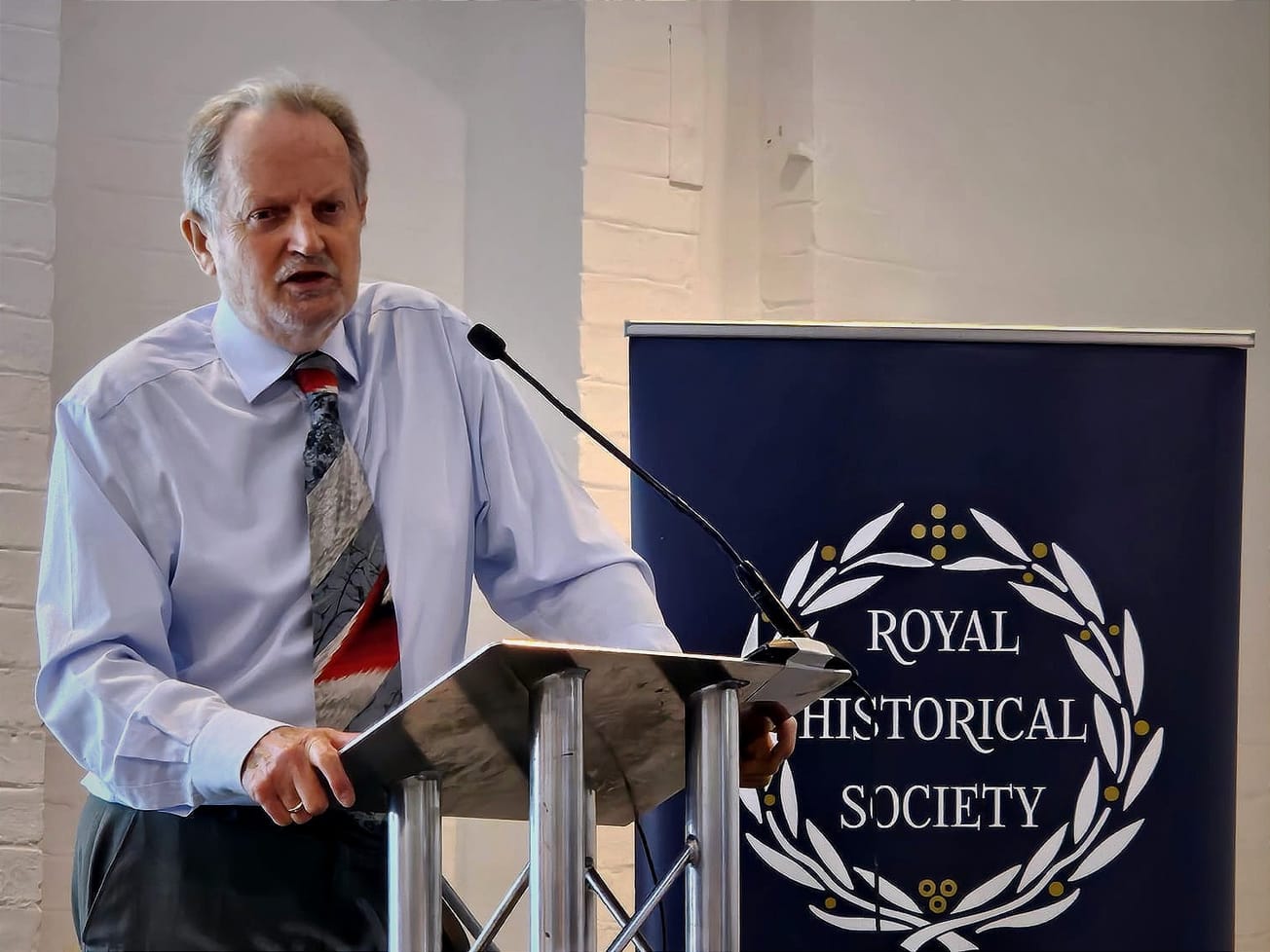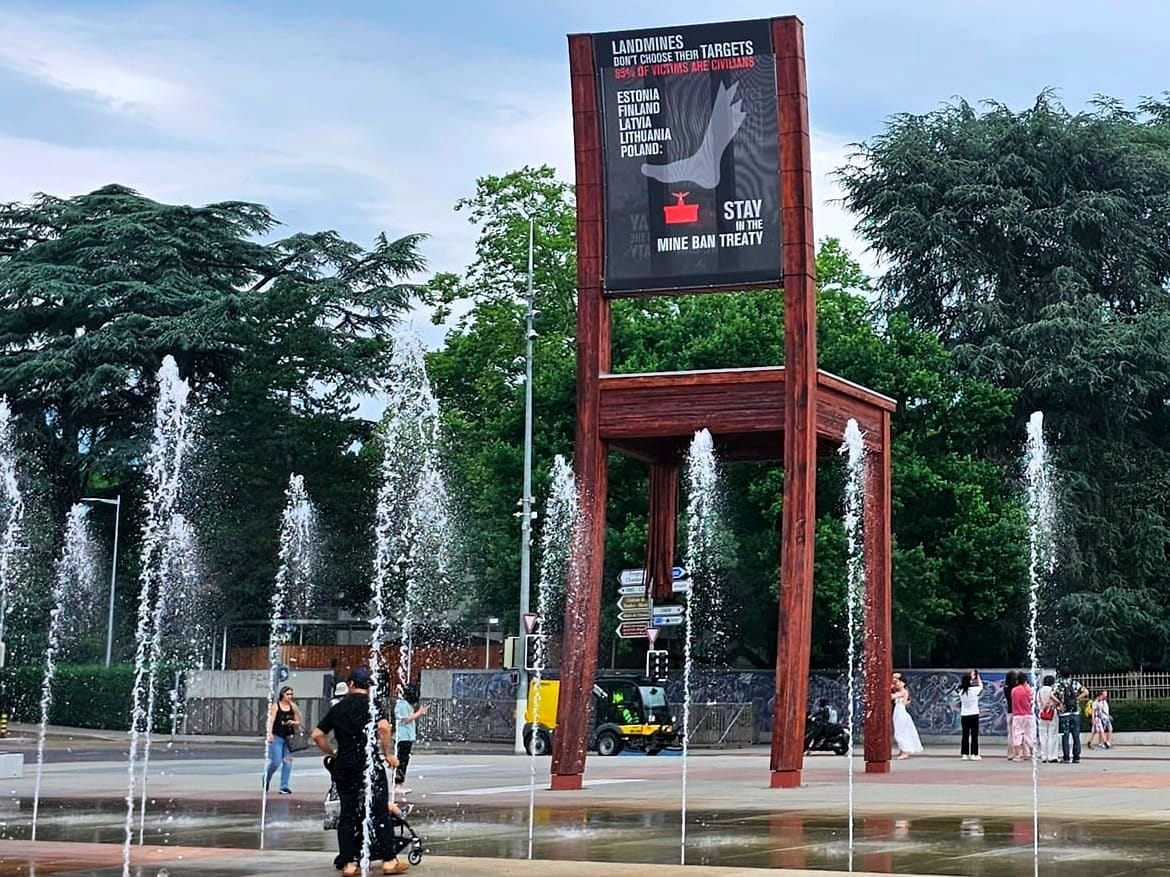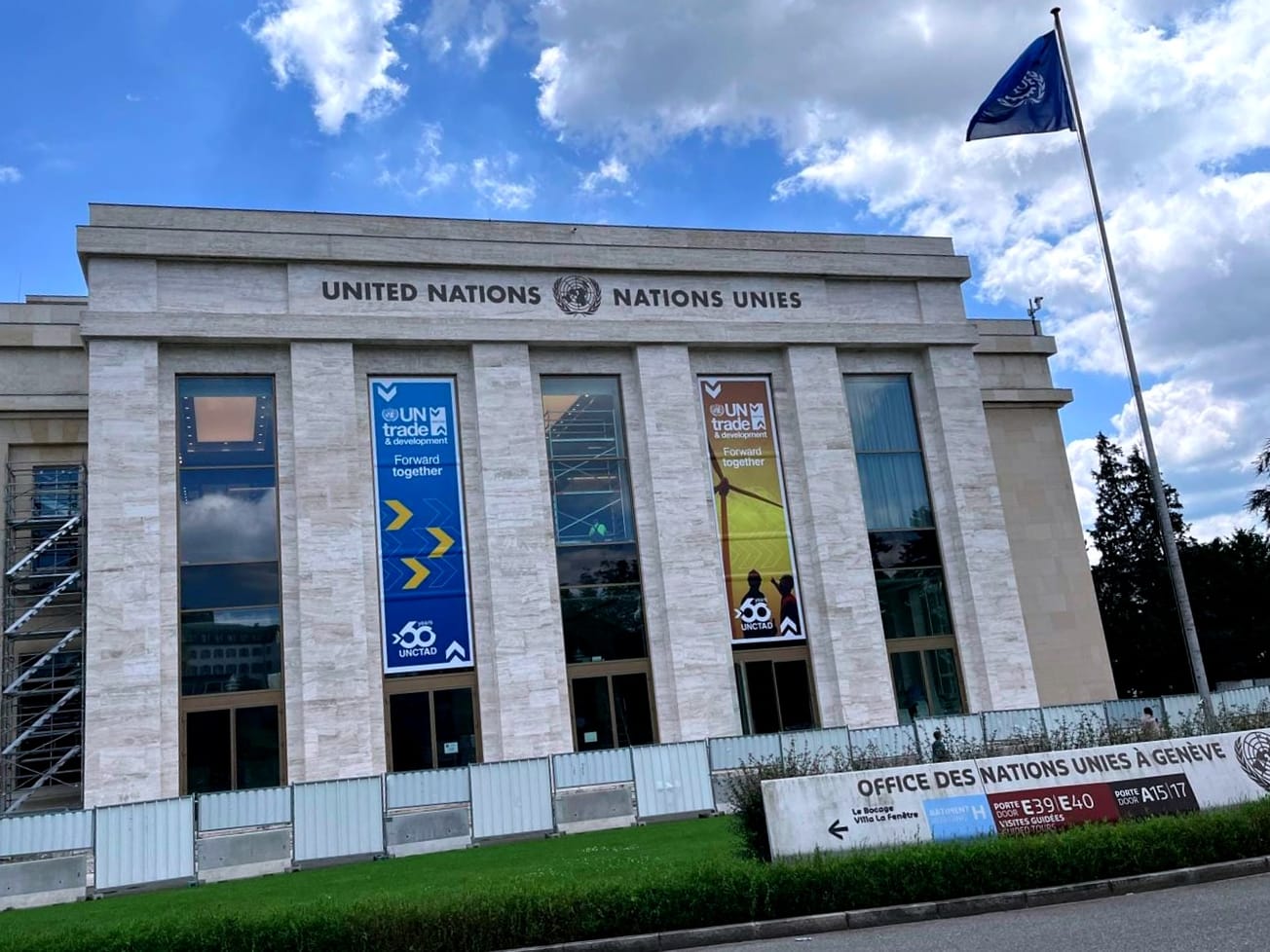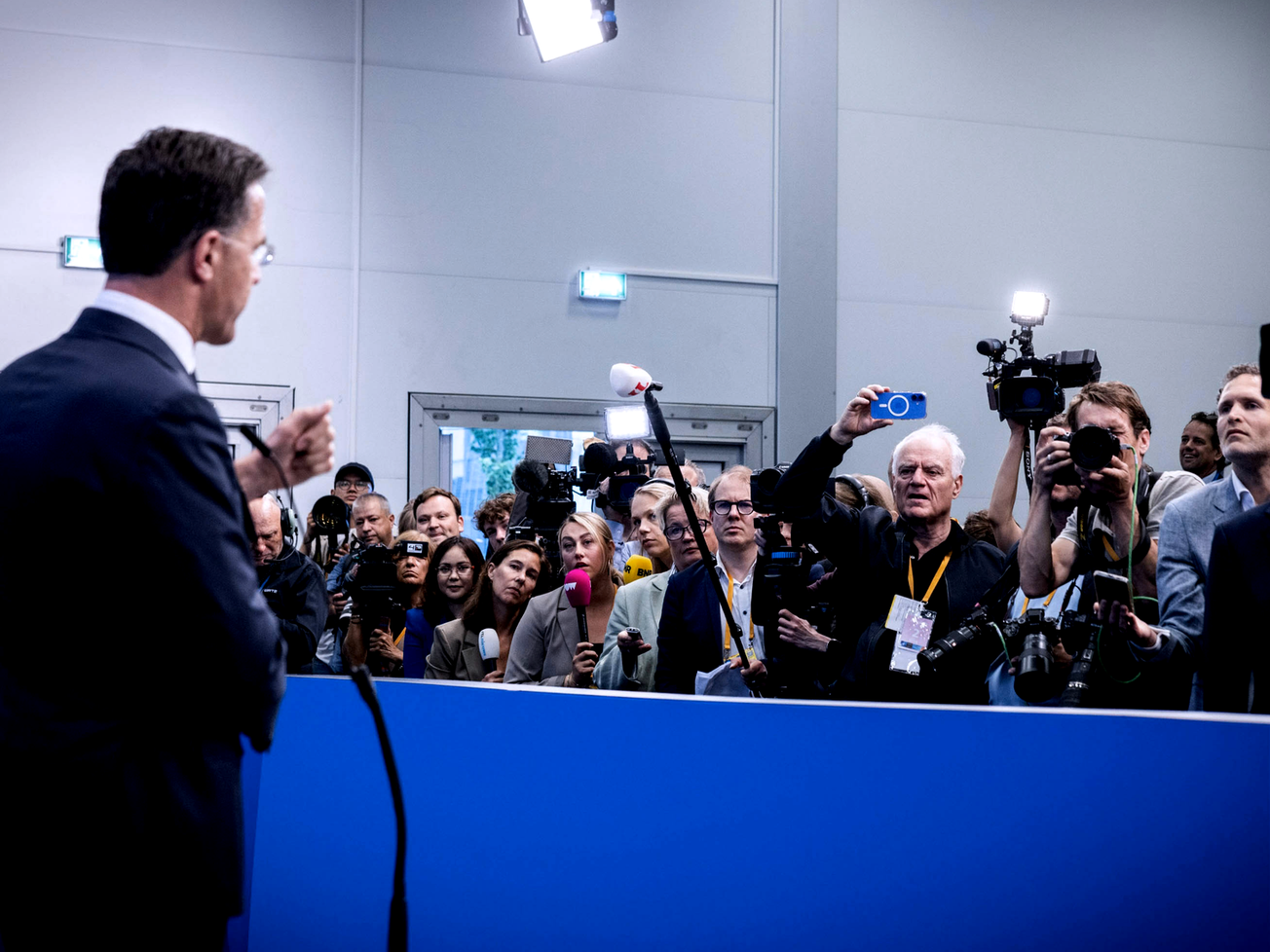GENEVA (AN) — A whistleblower whose sexual assault probe upended the United Nations’ AIDS agency was fired over misconduct claims in what she believes is "a blatant act of retaliation," an international advocacy organization said on Friday.
Martina Brostrom, a senior adviser at the Joint U.N. Program on HIV/AIDS, or UNAIDS, was dismissed due to allegations of financial and personal misconduct that she categorically denies, according to a statement from Code Blue, AIDS-Free World's global campaign to end impunity for sexual abuse by U.N. personnel.


